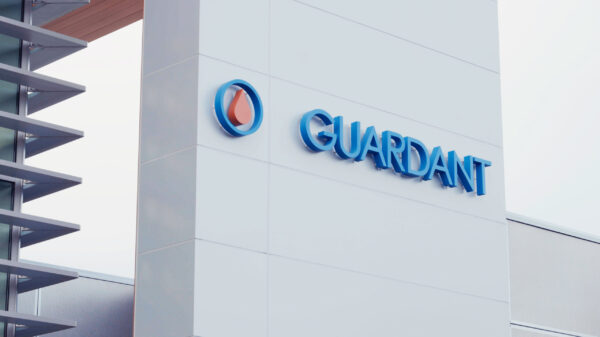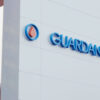Denver-based Imidex, creator of a patented FDA-approved technology used to identify lung cancer in X-ray imaging, is looking to pass its knowledge and assets onto a suitable buyer.
The lung cancer screening company aims to achieve this at the Radiological Society of North America’s annual Chicago meeting, ongoing until Dec. 5. Imidex’s VisiRad XR technology is intended to detect the disease in its earliest stages and enable swift treatment action.
“We want to get the leading algorithm, cleared for detecting nodules as small as six millimetres, into the hands of a company that can more rapidly deploy the solution to radiologists and healthcare providers,” chief executive, Wes Bolsen, specified in a news release.
It is one of the first FDA-approved medical applications to integrate Google Cloud’s multi-faceted Vertex AI technology. This collaboration has enabled Imidex’s program to achieve an 83 per cent level of sensitivity in detecting lung nodules requiring further examination.
VisiRad XR has demonstrated the ability to be about 30 per cent more accurate at diagnosing the disease than radiologists who don’t use AI.
“Not only does this provide an opportunity to improve patient outcomes, but it can also alleviate increasing burdens on physicians and complement the growing AI ecosystem around cancer care,” Imidex investor and MIT researcher, Keith Hearon, said last year.
Imidex did not specify its asking price for the sale.

Lung nodule detected by VisiRad XR tech. Image credit: Imidex
Read more: Breath Diagnostics onboards new president and closes critical financing
Read more: Breath Diagnostics pioneers novel lung cancer breath test
Others have success with AI-powered X-ray analysis tech
Qure.ai is one of the other most notable companies that has been successfully using artificial intelligence to detect the disease in X-ray scans. This New York-based company’s qXR software has demonstrated the ability to identify lung cancer years before symptoms appear.
South Korea’s Lunit Inc (KOSDAQ: 328130) is worth mentioning too. Its INSIGHT CXR software can detect abnormalities with a 98 per cent level of accuracy, the company claims. Like qXR, it can find the disease in its earliest stages, up to three years before symptoms manifest.
Lunit recently initiated a partnership with AstraZeneca plc (NASDAQ: AZN) to develop an AI screening tool used to identify mutations in non-small cell lung cancer.
Also worthy of note is the French diagnostics specialist Median Technologies. Like Imidex, this oncology operator is currently attending the Radiological Society of North America’s Chicago conference. Median is showcasing its “eyeonis” technology for lung and liver cancer detection at the event.
The American market analyst BCC Research has predicted that the market for AI in cancer care, including screening, is set to expand with a substantial compound annual growth rate (CAGR) of 23.1 per cent for the next five years.
Meanwhile, India’s researcher Transparency Market Research has estimated that the AI-powered cancer diagnostics market alone will ascend into the 2030s with a CAGR of 11.2 per cent.
rowan@mugglehead.com














